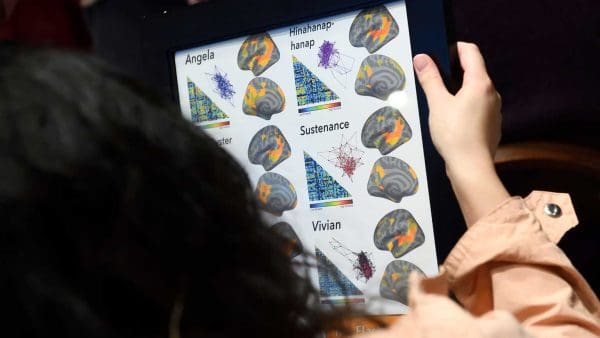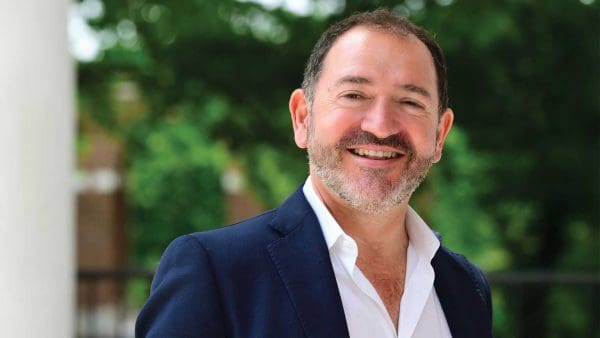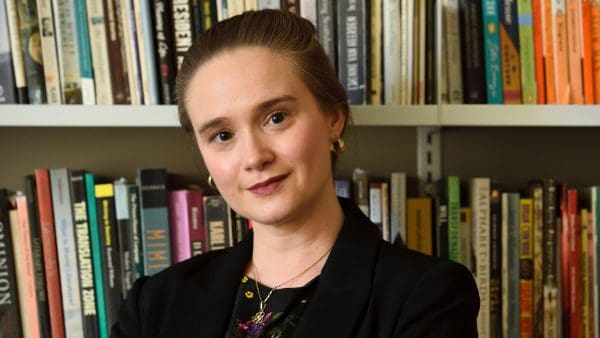
A native of Italy and a specialist in the early centuries of Italian literature, Forni taught at Johns Hopkins since his arrival in 1985. His undergraduate and graduate courses focused on Dante and 14th-century Renaissance humanist Giovanni Boccaccio, and he wrote and edited several books on the work of Boccaccio.
Forni is perhaps most widely known for his work on civility. In 1997 he co-founded the Johns Hopkins Civility Project (later renamed The Civility Initiative), an aggregation of academic and community outreach activities aimed at “assessing the significance of civility, manners, and politeness in contemporary society” and which inspired civility-based initiatives on college campuses and in communities around the U.S. His book Choosing Civility: The Twenty-Five Rules of Considerate Conduct (2002) has been translated into German and Italian.
Forni graduated from the University of Pavia and earned his PhD in Italian at UCLA. He was a fellow at Villa I Tatti, The Harvard Center for Renaissance Studies in Florence, and an honorary charter member of the International Association of Protocol Consultants.

Giacconi’s many significant contributions to science include the creation of X-ray astronomy and enabling revolutionary tools like the Hubble Space Telescope, which was developed at the Space Telescope Science Institute on the Homewood campus during his tenure as the institute’s first permanent director, from 1981 to 1993. He was the driving force behind foundational facilities that have allowed space scientists to push the boundaries of their field.
Born in Genoa, Italy, and raised in Milan, Giacconi earned his doctorate in physics at the University of Milan. He came to the U.S. in 1956 on a Fulbright fellowship to study cosmic rays at the University of Indiana. He also served as director general of the European Southern Observatory in Garching, Germany, where he built the Very Large Telescope, and as president of Associated Universities, Inc., where he expanded the Very Large Array and initiated construction of the Atacama Large Millimeter/submillimeter Array.
Giacconi was a co-recipient of the 2002 Nobel Prize in physics and a recipient of the Wolf Prize in Physics, the NASA Distinguished Public Service Award, and the President’s National Medal of Science.

Margraff, a former Hopkins quarterback who served as head coach at his alma mater for 29 years, died less than one month after guiding the Blue Jays to the NCAA Division III semifinals for the first time in school history and winning a program-record 12 games.
Margraff’s 221 wins are the most in school and Maryland state history and also ranked third among active Division III head coaches at the end of the 2018 season.
Margraff was inducted into the Johns Hopkins Athletic Hall of Fame in 1997.




